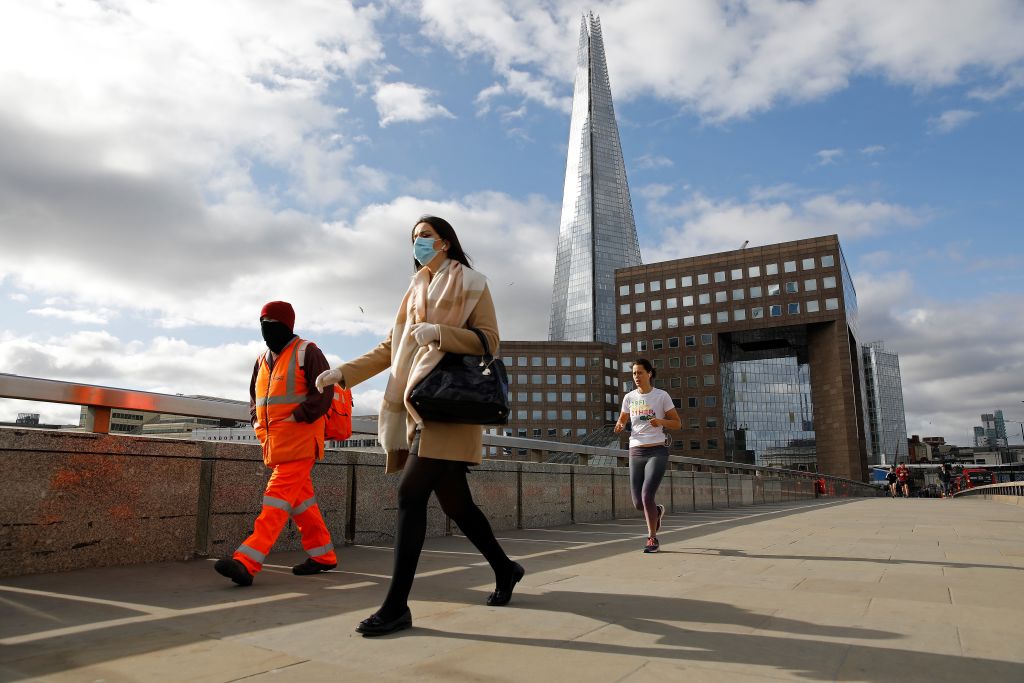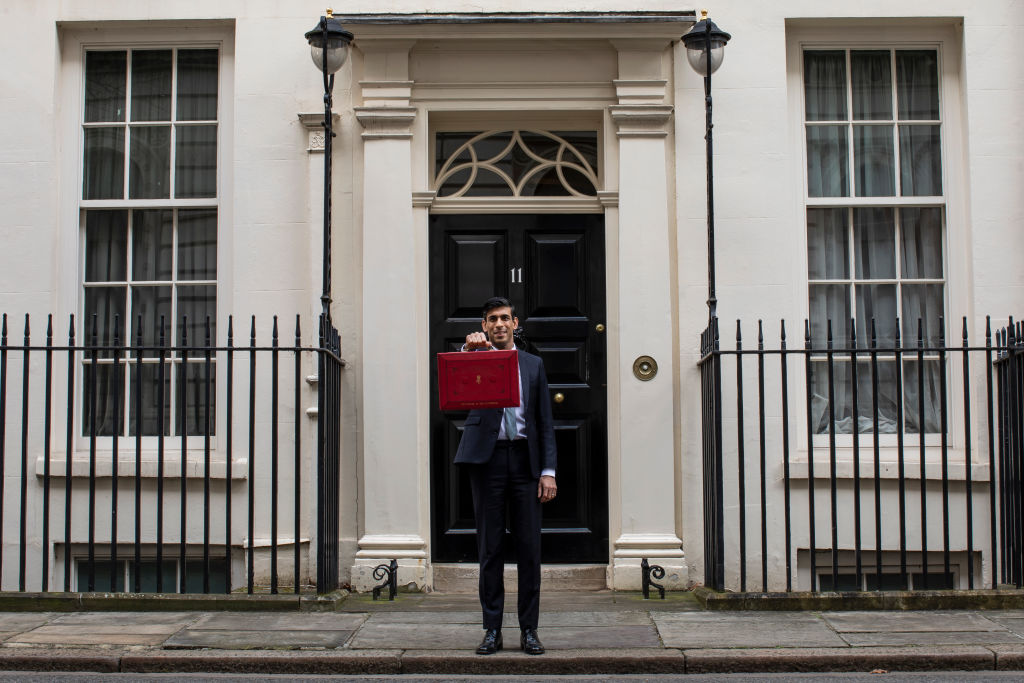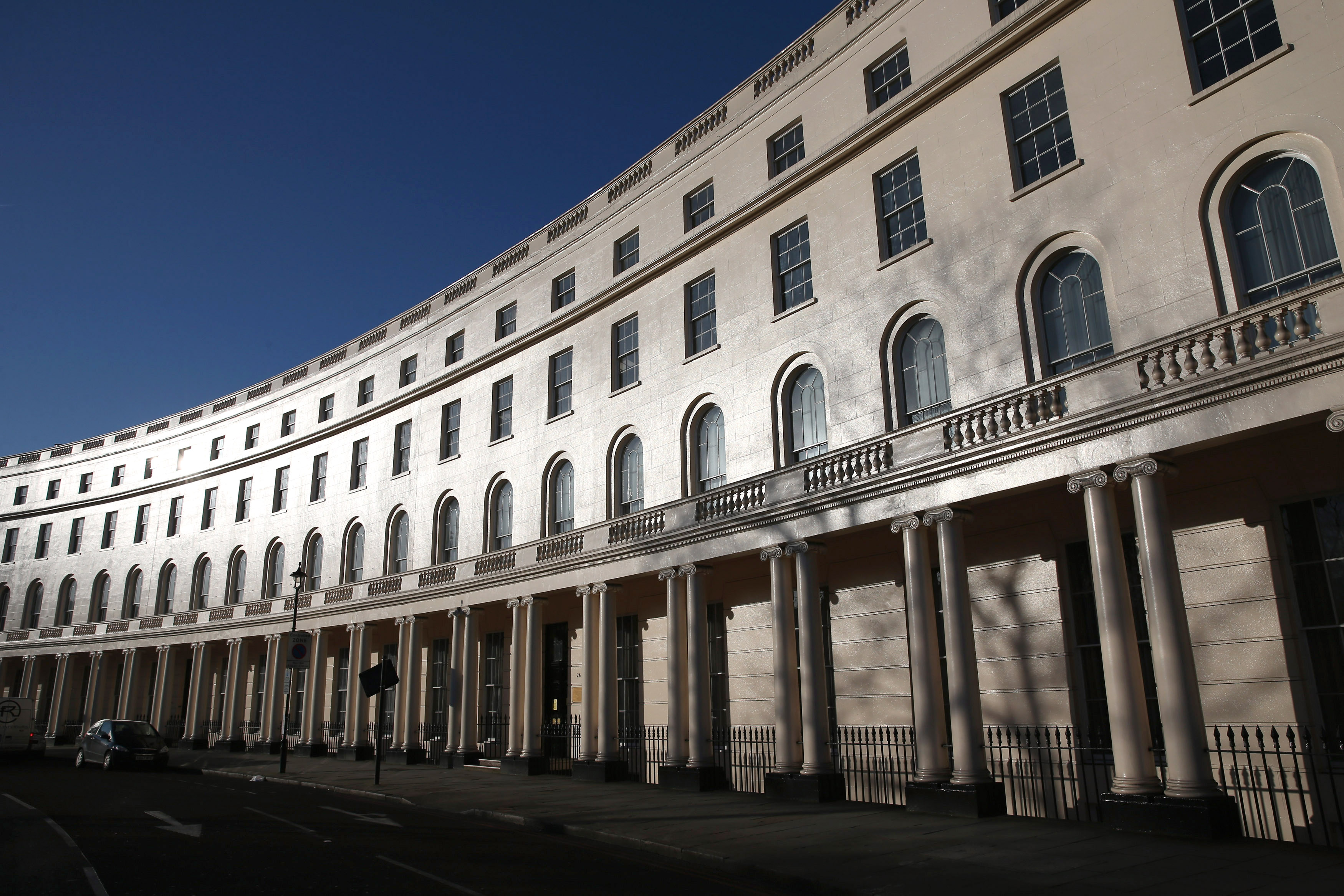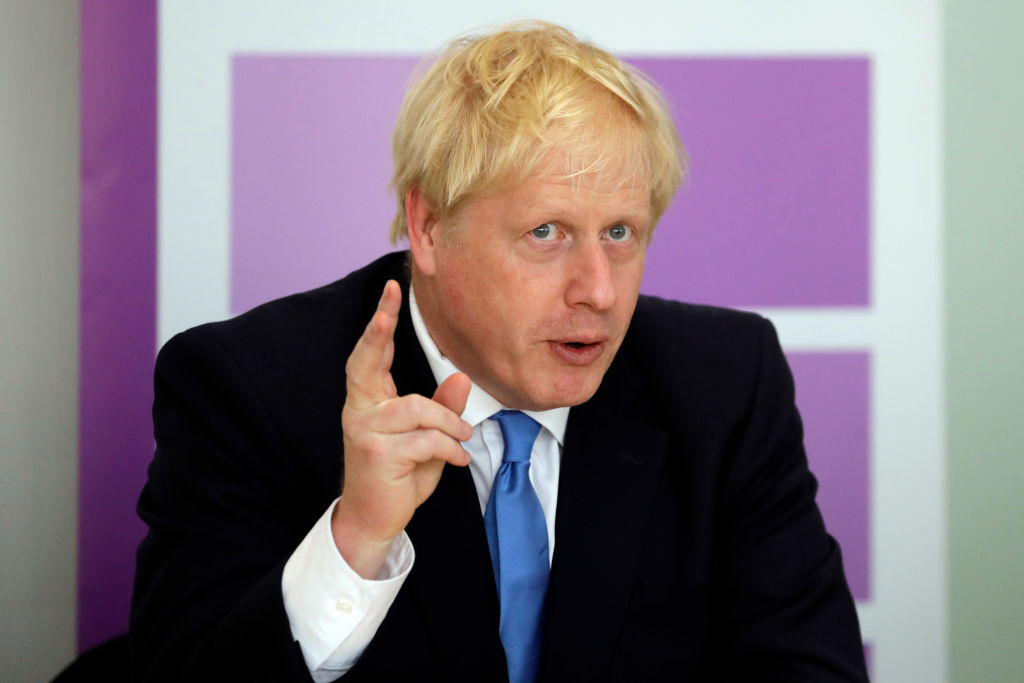UK tax rises: How will Rishi Sunak pay down the coronavirus deficit?

Rishi Sunak’s first five months as chancellor has seen him shower the UK economy with hundreds of billions of pounds, helping make him the most popular government figure.
However, talk has already turned to the ballooning deficit – predicted to be around £350bn this year – and how to reduce it to more manageable levels.
This has included speculation about potential UK tax rises once the economy has recovered from the coronavirus crisis.
To do so during the recovery itself would be foolish. But when the UK economy is back on track, voters could find themselves facing a variety of tax rises to pay down the debt.
The result of this could be that Boris Johnson’s 2019 election pledge to not raise income tax, VAT or National Insurance may go out the window.
So what UK tax rises can we expect to see as Sunak grapples with the deficit?
VAT rise
Sunak moved to temporarily cut VAT for hospitality and tourism from 20 per cent to five per cent earlier this month in an attempt to increase consumption for the sectors worst hit by the crisis.
However, rises in the UK sales tax cannot be ruled out at some point down the line.
VAT is one of the largest sources of tax revenue for the government, bringing in £132bn in 2018-19. A relatively small rise could make a large impact for this UK tax.
Ex-cabinet secretary David Gauke has said the Tories have not come to terms with the necessity of UK tax rises. He flagged a VAT increase as one option to consider.
“A £40bn tax rise would be the equivalent of an increase of 7p on the basic rate of income tax or an increase of six per cent on VAT,” he said.
Labour benches would fiercely oppose a VAT tax rise, arguing it would be a regressive tax rise that hits lower earners harder than higher earners.
Online sales tax

An online sales tax is also an option reportedly being considered in the Treasury.
Such a tax would seek to keep Britain’s high streets alive by taxing digital sales more onerously.
A Treasury document said an online sales tax would “provide a sustainable and meaningful revenue source for the government”.
But critics have lambasted it for punishing innovation and slowing a natural consumer shift in shopping habits.
According to the Times, an online sales tax could lead to a two per cent levy on goods sold online, which would raise about £2bn a year. Another option would see a charge on deliveries as part of a bid to cut emissions.
Income tax hike

Recent polling shows that Brits are willing to pay more income tax to help pay off the UK’s coronavirus public spending splurge.
A recent survey by investment fund AJ Bell revealed that 77 per cent of people were willing to pay more income tax. Most respondents said they would be happy to pay around four per cent.
The government would presumably look to target higher UK earners with any income tax rises, particularly as the Tories try to hold onto their newly won seats in traditionally Labour northern areas.
Raising income tax for lower earners would also be seen as a direct threat to Johnson’s “levelling up agenda”. That seeks to rejuvenate economically deprived areas in the Midlands and the North.
AJ Bell analyst Tom Selby said: “While [UK] policymakers will need to be careful not to stifle an economic recovery by hiking income tax rates too much, there appears to be general acceptance that the Covid-19 costs will need to be repaid and that tax rises are therefore a necessary evil.
‘Given battling this pandemic has required a collective effort, it would make sense for all of us to help foot the bill.’
National insurance tax rise

Johnson had promised to raise the National Insurance threshold from £9,500 to £12,500 within five years. The election pledge aimed to provide tax relief for lower income earners.
However, other changes could be made to National Contribution to claw back that promise by increasing it in different ways.
Sunak signalled self-employed UK workers could face future tax rises after unveiling their coronavirus support scheme.
Chief executive of the left-leaning think tank Resolution Foundation, Torsten Bell, believes this will come in the form of increased National Insurance contributions.
“We agree with the chancellor about the need to bridge the gap between employed and self-employed. It needs to be reduced significantly,” he said.
“This will mean higher National Insurance for self-employed people.”
Wealth tax rise

Bell believes that the most effective method of debt consolidation would be to tax wealth at a higher rate.
Johnson was reportedly considering similar UK tax rises even before coronavirus arrived in the UK. However, he was aggressively denounced by rank and file Tory MPs and supporters.
Still, Bell believes it would be an effective and equitable way to raise public revenues.
“The ratio of household wealth to income has more than doubled since the early ’90s and the amount of revenue collected on wealth has stagnated,” he said.
Potential wealth taxes could include a so-called mansion tax on high-value properties or an increase in inheritance tax.
Capital gains tax increase

Speculation was rife last week that Sunak was preparing to hike capital gains tax. It came after the chanceller commissioned the Tax Simplification Office to conduct a review.
The announcement immediately drew comment from taxation experts in the private sector that Sunak was attempting a “tax claw-back”.
Nathan Long, senior analyst at Hargreaves Lansdown, said: “We could be seeing the tips of the government’s fingernails, as it considers how to claw back the enormous sums spent on bailing the economy out.”
The UK’s current swathe of capital gains tax exemptions could be the focus of any changes in this area.
Anyone who sells their main residence is currently exempt from paying capital gains tax. But this could be up for the chop in Sunak’s big rethink.
The tax-free allowance of £12,300 could also be reduced in an attempt to raise more revenue.
Sunak was quick to say that the review was only an administrative process and did not mean he was going to change how asset sales are taxed. But Bell said he would not be surprised to see some changes.
“It’s not like he’s doing the review in normal times,” Bell pointed out.